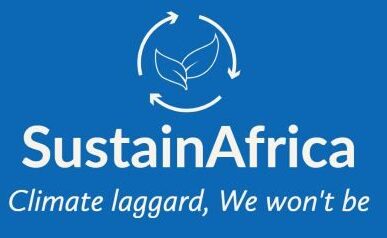
A dedicated space on our website where we showcase the forefront of innovation and progress. Here, you’ll find a comprehensive overview of our ongoing and upcoming projects, each designed to push the boundaries of what’s possible. From cutting-edge technological developments to transformative community initiatives, our pipeline projects represent the heart of our commitment to leading change. This section serves as your window into the future, offering insights into the projects that are set to redefine our industry, enhance user experiences, and contribute significantly to societal advancement. Stay tuned as we update this space with exciting new ventures and milestones, marking our journey towards a brighter, more innovative tomorrow.At this time, we are collaborating with governmental bodies as well as private investors to integrate environmental, social, and governance factors into infrastructure projects. The following are some illustrations:
At SustainAfrica, we’re committed to making a measurable impact in climate resilience, environmental sustainability, and sustainable finance across Africa. Through strategic partnerships and innovative solutions, we address the diverse climate and environmental challenges facing African communities. Here’s an overview of what we’ve accomplished and what we’re currently working on:
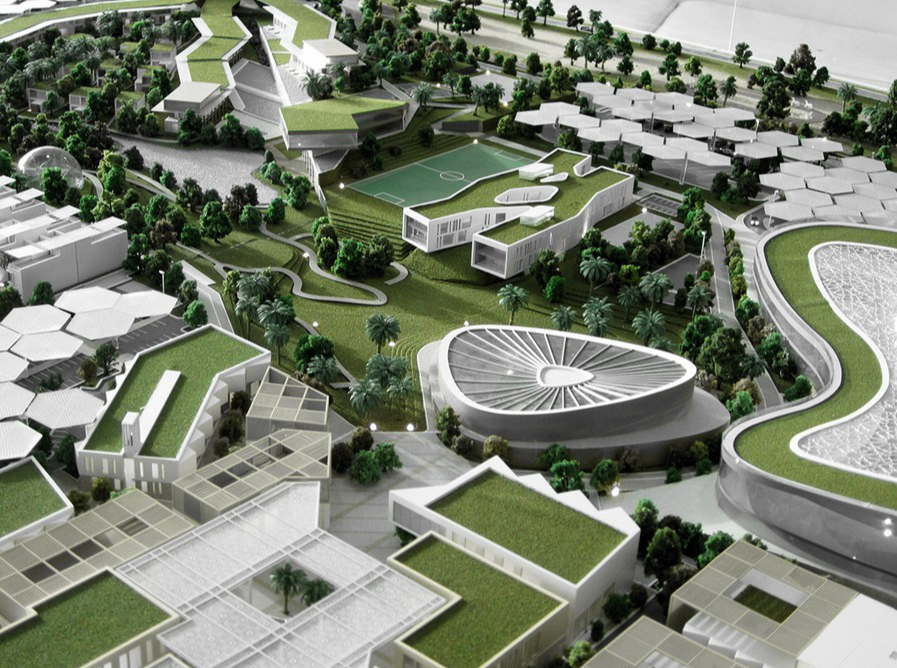
Greening the Dream City (GDC): The purpose of this project is to build a new city in the Kobaya-Tayaki area. It will cover an area of 687 hectares, will have 18,500 dwelling units, and will have a total cost of 1.25 billion dollars.In order to make the city more environmentally friendly and sustainable, SuatainAfrica is working closely with the project manager to incorporate climatic considerations.

Capacity Building for Climate Resilience in Guinea
SustainAfrica has been providing consulting services to support Guinea’s Division of Pollution and Climate Change Nuisance and the Climate Change Adaptation Focal Point. Our work includes delivering technical assistance through climate adaptation workshops, risk assessments, and developing monitoring frameworks.
Engaging the Banking Sector in Green Finance
SustainAfrica has been closely working with commercial banks, including Orabank and Access Bank, to experiment with green financial products and engage the banking sector in the transition to sustainable finance.
Carbon Market Readiness Program
SustainAfrica has been engaged in discussions with Guinea’s Ministry of Environment to establish a carbon market readiness program, aiming to empower local institutions to participate in global climate finance mechanisms.
Regional Climate Resilience in the ECOWAS Space
SustainAfrica is working toward launching the Banques Vertes pour la Résilience Climatique (BAVERC) initiative, using Guinea as the pilot country. This program aims to establish a regional climate finance framework that strengthens resilience across the ECOWAS space.
NASA Space Apps Challenge
In hosting the NASA Space Apps Challenge in Guinea, SustainAfrica created a platform for aspiring scientists, engineers, and technologists to address climate-related challenges. This event fostered community engagement and cross-disciplinary learning, allowing participants to develop solutions collaboratively and connect with international experts. The Space Apps Challenge highlighted SustainAfrica’s role in building local capacity in climate technology and promoting innovation-driven knowledge exchange.
Academic Collaboration for Climate Data Science
In partnership with the University Koffi Annan, we are developing a Master’s program in Data Science for Climate Change. This program will equip students with the skills needed to tackle climate challenges using data-driven solutions.
Carbon Market Readiness Program
SustainAfrica has been engaged in discussions with Guinea’s Ministry of Environment to establish a carbon market readiness program, aiming to empower local institutions to participate in global climate finance mechanisms.
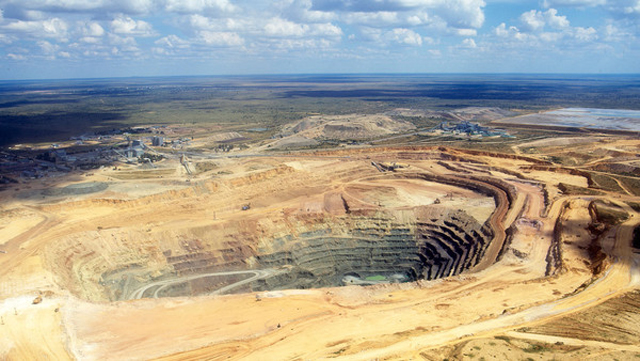
Guinea Responsible Mining (GRM): In 2010, mining and the export of products derived from mining contributed 17 percent of Guinea’s gross domestic product (GDP). The mining industry is responsible for more than half of the country’s total exports. Moreover, it is responsible for 94 percent of Africa’s total bauxite production. Because of this, it is absolutely necessary for the government of Guinea to implement a responsible bauxite mining policy in order to lessen the negative impact that mining corporations have on the environment. SustainAfrica is actively working with both the government and mining corporations to guarantee that bauxite mining is sustainable and minimizes its negative effects on the environment and the community both during operation and after the mine has been shut down.
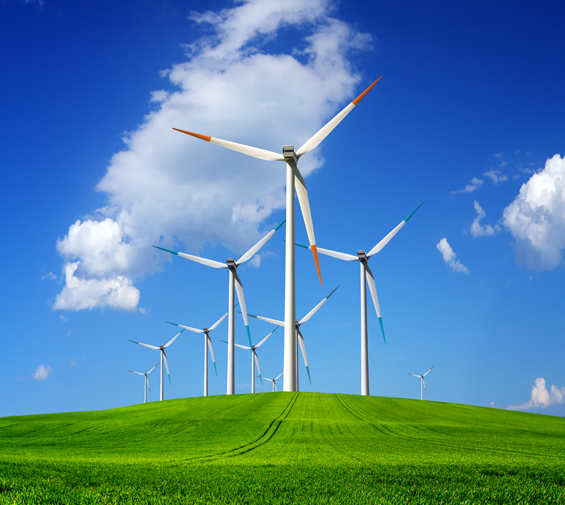
Gbana Wind Farm (GWF): As part of the work that will be completed, the Gbana wind farm project will distribute an estimated two hundred megawatts of electricity to the southern region of Guinea . The team in charge of managing the project was able to recognize and evaluate the direct repercussions that the project will have on the environment and society. They provided recommendations for preventative measures that may be performed in the short, medium, and long terms in order to protect the environment. The most significant challenge continues to be securing funding for the project. Currently, SustainAfrica is collaborating with the owner of the project to identify potential funders for the project’s execution.
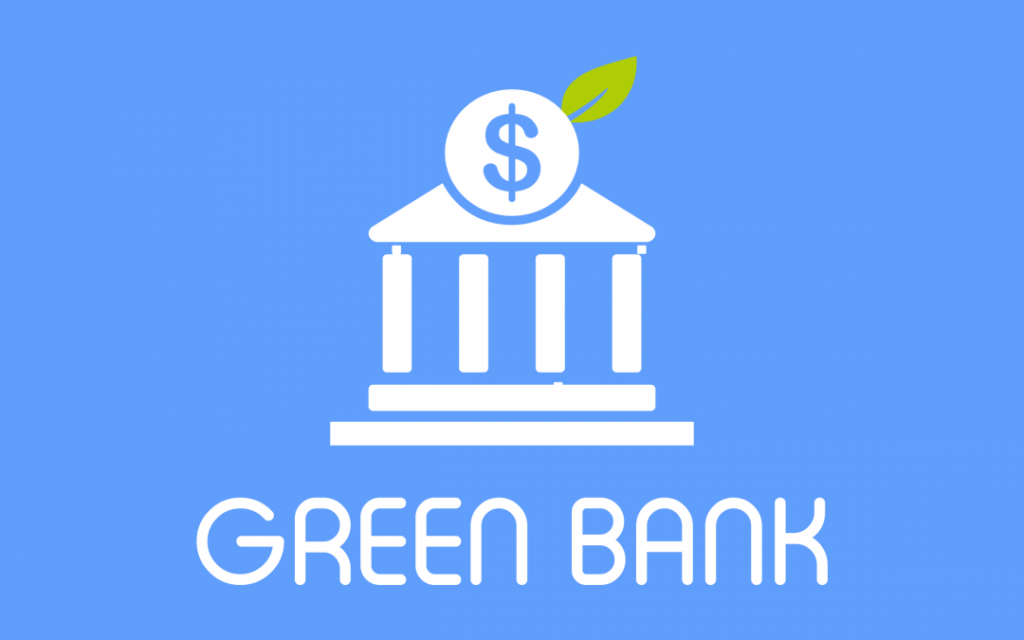
West Africa Green Bank Initiative (WAGBI): When it comes to filling in the gaps in climate finance, Green Banks are going to be indispensable. This project’s objective is to investigate and gain a better understanding of the potential for green banks to boost the capability of countries in West Africa to gain access to and mobilize climate finance in support of the implementation of NDCs and other related national climate and development goals. SustainAfrica’s goal is to collaborate with the governments of West Africa to analyze the current state of the market and engage the business sector in the process of identifying new sources of funding.
